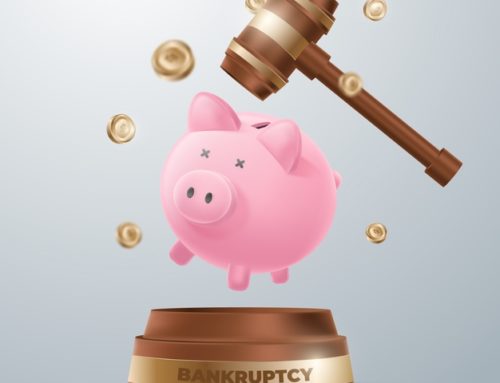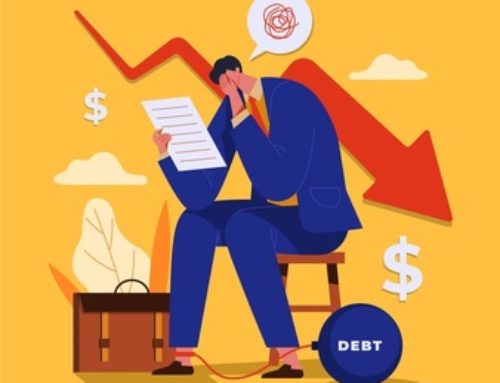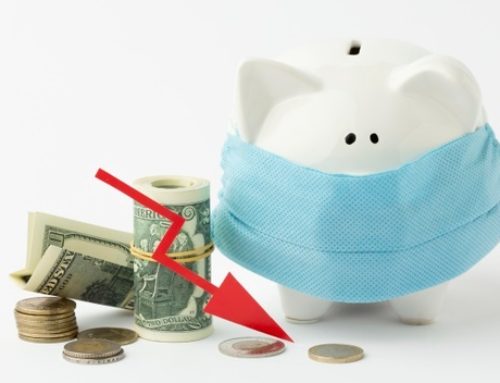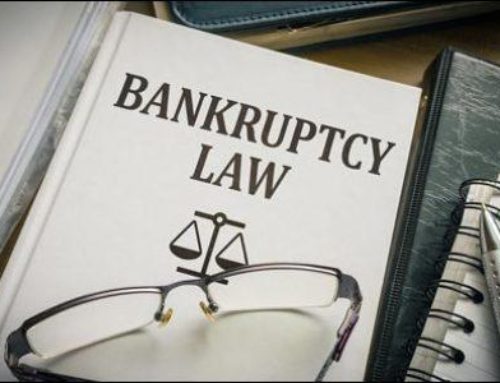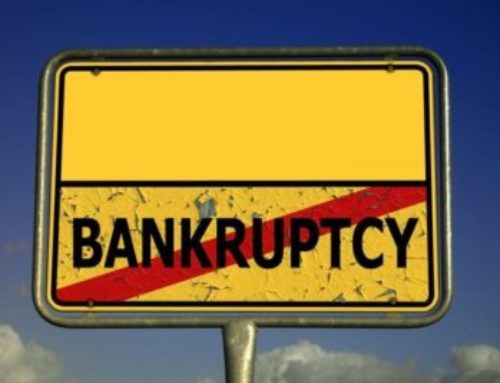Among the different types of bankruptcy in the bankruptcy code, those who intend to declare personal bankruptcy typically file for bankruptcy under either Chapter 13 or Chapter 7. Chapter 13 is about reorganization, while Chapter 7 is about liquidation.
The liquidation bankruptcy chapter usually attracts debtors who have little in the way of assets. If you file bankruptcy under Chapter 7, you have to either pass the means tests or be altogether exempted from it. Chapter 7 filers do not actually hand over their property or funds to the bankruptcy trustee. For this reason, the majority of Chapter 7 bankruptcy cases qualify as “no-asset.”
No-Asset Bankruptcy Filings
In a no-asset bankruptcy filing, the debtor filing for bankruptcy gets to keep his or her property since it is included in the list of bankruptcy exemptions provided by state law or federal law. In such a bankruptcy case, the creditors do not get paid since bankruptcy proceedings won’t lead to liquidation proceeds.
 Also, it’s common for the Chapter 7 bankruptcy process to result in the discharge of most debts. This means that your creditors won’t get to collect on debts you were unable to pay. The bankruptcy court will notify your creditors that they won’t be able to collect on your debts, hence, there’s no need for them to file a proof of claim.
Also, it’s common for the Chapter 7 bankruptcy process to result in the discharge of most debts. This means that your creditors won’t get to collect on debts you were unable to pay. The bankruptcy court will notify your creditors that they won’t be able to collect on your debts, hence, there’s no need for them to file a proof of claim.
Take note, however, that certain debts are not dischargeable. For instance, tax debts, student loans, and child support cannot be discharged.
Bankruptcy Exemptions
Filing bankruptcy under the liquidation chapter requires you, the debtor, to surrender your assets for inclusion in the bankruptcy estate used to pay back your creditors, but this is only applicable to the non-exempt property. The bankruptcy law provides that you get to keep some of your property so you can endure the experience and have something to start over with after bankruptcy.
Bankruptcies differ from state to state. The list of exemptions varies as well, but they generally apply to assets like your car or your home. In bankruptcy, you may also encounter wildcard exemptions, which can be applied to any personal property with significant value.
In filing for bankruptcy, you may also have the option to choose between state and federal bankruptcy exemptions, depending on your state’s bankruptcy laws. Some states do not allow filers to use bankruptcy exemptions provided by the federal government. This is an important note since the exemptions you can claim influence the amount of bankruptcy protection your property receives.
Undisclosed Assets
If it is found that you have non-exempt assets that were not disclosed during filing, the trustee needs to inform your creditors so they can submit proofs of claim to be able to collect from these. Whether the omission was deliberate or unintentional, you could be penalized for it, and your bankruptcy petition, challenged. This underlines the importance of knowing how to file properly and prudently.
Choosing the right chapter to file under is absolutely paramount. Keep in mind that Chapter 13 is likely the right choice if you have the non-exempt property you want to keep. Just because you passed the means test or were exempted from it does not necessarily make you ineligible to file for bankruptcy under the reorganization chapter.
Is Declaring Bankruptcy the Answer to Your Financial Problems? Consult an Arizona Bankruptcy Attorney Today!
A bankruptcy filing may very well be your path out of debt and financial distress. It’s best to get legal advice so you can declare bankruptcy correctly. Bankruptcy lawyers can help you work toward getting the best possible outcome from your bankruptcy experience. Their guidance is just as invaluable before filing when you fill out bankruptcy forms and collect documents as it is in the proceedings after filing.
For a smoother journey from bankruptcy to debt relief, engage the legal services of a bankruptcy lawyer. Call us at Phoenix Fresh Start Bankruptcy Attorneys to schedule a free legal consultation with an experienced Arizona bankruptcy attorney.

